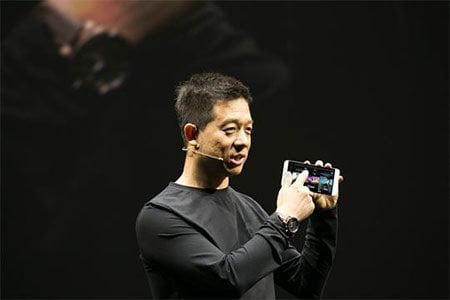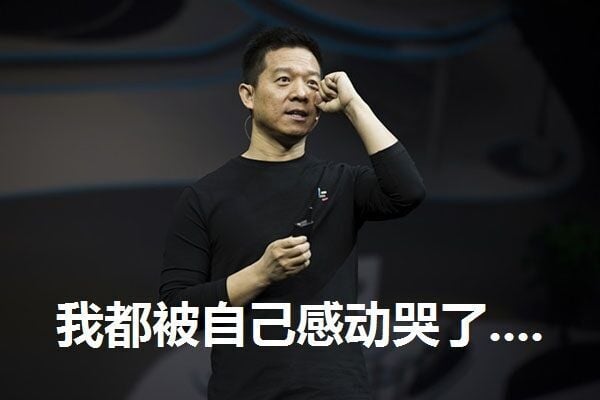Chinese smartphone maker LeEco, formerly known as LeTV will start selling phones, televisions and other gadgets in the US market sometime soon, an internal memo from Jia Yueting LeEco’s CEO indicates.

This is coming on the heels of news that the Beijing-based online video company, who runs a business model which is similar to American company NetFlix’s, has completed the acquisition of a 50-acre development site in the Silicon Valley from internet giant Yahoo. It hopes to build its North America headquarters on the property to accommodate thousands of staffs.
According to the internal memo, billionaire-owner Jia Yueting informed staffs that LeEco is preparing for an official launch of its product in the US market within the next three months. The company, which made its start in online video streaming, is looking to sell their own music content, smartphones, Smart TVs and video streaming services in the United States.
LeEco is virtually unknown in the U.S, even though it’s been a significant player in China for some time. Originally launched in 2004 as an online video service, it quickly became one of the largest video platforms in the country, where it now streams a catalog of some 5,000 movies and 100,000 TV show episodes.
The company also started selling Smart TVs and streaming boxes, and last year, LeEco which still carry the LeTV brand in its products, also began selling smartphones in China.

The company is poised to take on giants Apple and Tesla in the video streaming market with entertainment content made by its movie-production unit Le Vision Pictures and local partners.
Already, LeEco has a film under production titled The Great Wall, a story centered on the construction of the Great Wall of China and strategically, the film stars Hollywood A-list actor Matt Damon.
Another crucial part of LeEco’s foray into the US market is Faraday Future, an electric-car start up that it entered into partnership with. LeEco funds the start-up and the company plans to set up a research lab in the Silicon Valley headquarters where it hopes to explore technologies in artificial intelligence, autonomous driving and virtual reality, according to the memo.
(Source)





